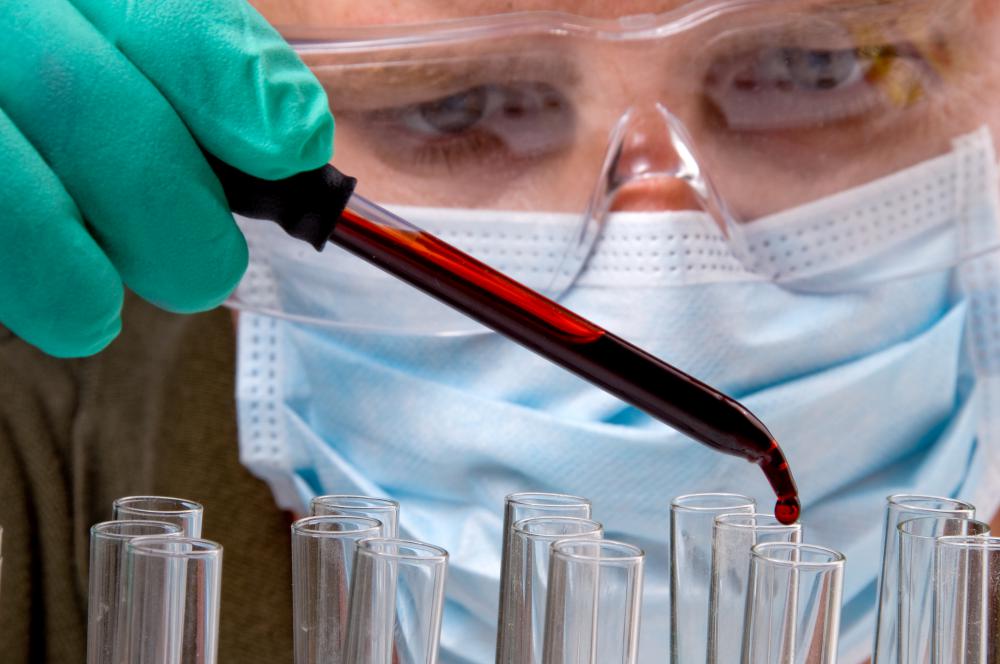At PracticalAdultInsights, we're committed to delivering accurate, trustworthy information. Our expert-authored content is rigorously fact-checked and sourced from credible authorities. Discover how we uphold the highest standards in providing you with reliable knowledge.
How Do I Start a Career in Forensic Pathology?
While specific requirements vary from area to area, you must generally meet a number of qualifications if you are looking to start a career in forensic pathology. Perhaps the most important qualification is education. In many developed areas, a forensic pathologist is also a medical doctor, though pathology assistants may hold lesser degrees. Personal interest is especially helpful in fields such as pathology, where the daily work and conditions may not appeal to the majority of people. As your career develops, experience will become increasingly important.
Most forensic pathology careers begin with education, and it is generally extensive. If your goal is to become a fully qualified pathologist, you most likely need to become a medical doctor. This entails earning a four-year bachelor’s degree, usually in an approved premed specialty such as biology. You then need to apply and be accepted to medical school, which generally takes another four to eight years of study to complete.

You should be aware that your performance as an undergraduate can dramatically affect your ability to gain entrance to medical school. Your grades, course work, and references are critical to landing a position in a respected program. If you are planning to go into forensic pathology, you may want to choose a medical program that offers a specialization in this field. Otherwise, you may have to take additional course work in forensics after you finish your doctoral program.

Forensic pathology involves working with corpses. It frequently focuses on those that are difficult to identify due to advanced decomposition or trauma and on the bodies of people who have died in violent circumstances. Bodies may be disarticulated, burned, or partially eaten by scavengers. Many of them carry highly unpleasant smells, particularly when fluids must be drained.
These kinds of job conditions are not for everyone, so it is very important to consider whether you are able to tolerate them before you invest time and money training for the job. If you have the opportunity, gain exposure to the standard working conditions early in your educational career. This might be through classes or through a job at a morgue or funeral parlor.
Experience in forensic pathology can help you launch your career. You might consider internship opportunities so that you can begin building your resume while in school. As you advance through your career, experience will become more and more important, so you’ll want to seek out positions that help you get where you most want to go.
AS FEATURED ON:
AS FEATURED ON:












Discuss this Article
Post your comments